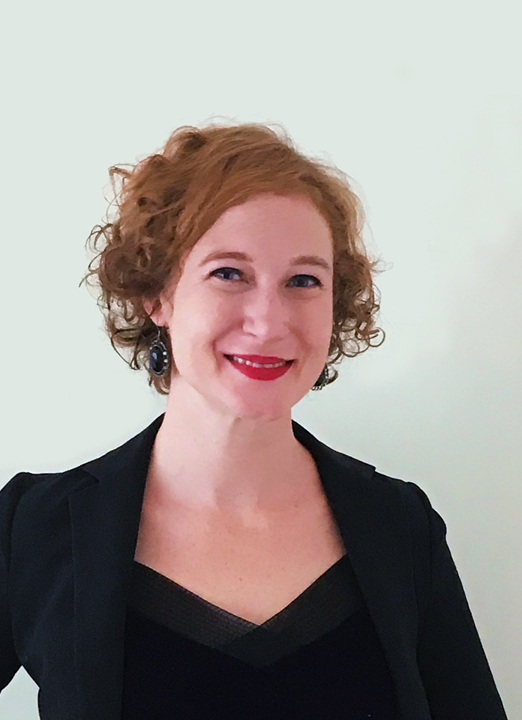Southering Lawfare: Indicators of the judicialisation and criminalisation of progressive politics in Latin America
Speaker(s):
Series:
Associated with:
Notes & Changes
Please note that this event will be recorded, if you do not wish to be part of the recording, please feel free to turn your cameras off once the talk begins. The talk will be made available on the Criminology website and YouTube channel at a later date.
Registration closes at midday on Wednesday 30th October. The Teams link will be sent to you that afternoon.
Abstract:
In countries such as Argentina, Brazil, Bolivia, Colombia, Ecuador, Peru and numerous others in Latin America, the term 'lawfare', which originated in the Global North two decades ago, has been widely used in the media, on social media or in the speeches of political figures in a different but also contradictory framework, leaving two key questions unanswered. On the one hand, it is still unclear what lawfare means from a Southern perspective and how it differs from its Northern conceptualisation. On the other hand, and within the Southern analysis, the question remains as to how to identify whether/how a case fits into this possible working conceptualisation. In other words, what are the indicators that allow us to distinguish a legitimate and lawful case of criminal accountability against a political leader from a warfare judicial intervention?
Building on the existing socio-legal current literature, this presentation will begin with a brief discussion of the concept of lawfare as it has been assessed in the literature from the North and the South, in order to later propose a set of indicators to assess whether/how a case can be linked to this conceptualisation. This is an analysis that includes a dogmatic analysis of the applied criminal law and the rules of criminal procedure, as well as a critical discourse analysis of the media and social media. This contribution will help to open up new avenues for evidence-based analysis of this critical regional phenomenon, including raising several lawfare research questions that still deserve attention.
Biography:
Valeria Vegh Weis, LL.M., PhD, is a senior researcher at the University of Konstanz, Germany, where she studies the role of human rights and victims' organisations in combating state crimes. In her native Argentina, Vegh Weis is an associate professor at the University Law School of Madres de Plaza de Mayo and a faculty member at the University Law School of Buenos Aires (UBA) in Argentina.

She holds a Ph.D. in Law and an LL.M. in Criminal Law from UBA and an LL.M. in International Legal Studies from New York University. She has received several grants from prestigious institutions, including the Fulbright Commission and the Alexander von Humboldt Foundation.
Her first book, Marxism and Criminology: A History of Criminal Selectivity (Brill 2017, Haymarket Books 2018, republished in Spanish by Clacso, 2024) was awarded the Choice Award by the American Library Association and the Outstanding Book Award by the Academy of Criminal Justice Sciences. She is also co-author of Lawfare: The Criminalisation of Democratic Politics in the Global South with Raúl Zaffaroni and Cristina Caamaño (Spanish Capital Intelectual 2020, Portuguese Tirant Le Blanch 2021, English Brill 2023) and book editor of Criminalisation of Activism (Routledge 2021).
She has published dozens of peer-reviewed articles and book chapters on the critical examination of power dynamics within criminal justice systems, with a focus on crimes of the powerful, green criminology and bottom-up resistance strategies, in the fields of state crime criminology, green criminology, transitional justice and criminal law. She has fifteen years of experience working in criminal courts and international organisations, and is the winner of the American Society of Criminology DCCSJ Critical Criminology of the Year Award (2021).


 Add to calendar
Add to calendar


